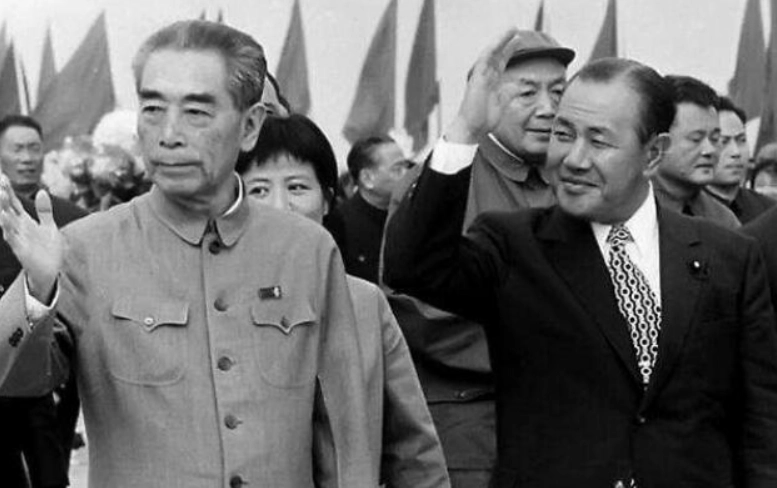TOKYO — Sixty years after the end of World War II, bitter memories linger in Asia. Soon after demonstrations against Japan erupted in China last month, Japanese Prime Minister Junichiro Koizumi met with Chinese President Hu Jintao on the sidelines of an Asia-Africa conference in Indonesia in an effort to mend relations between Asia’s two big powers.
Mr. Hu urged Mr. Koizumi to demonstrate Japanese apologies with action.
He did not specifically demand that the prime minister stop visiting Yasukuni Shrine, dedicated to 2.5 million Japanese war dead since 1853. Among those honored at the shrine are 14 World War II leaders convicted as Class A war criminals.
Mr. Koizumi enjoys amicable relations with the Bush administration, but Japanese ties with China, South Korea and other Asian nations are at their lowest point in decades.
China criticizes Mr. Koizumi’s repeated visits to the Tokyo shrine and his government’s approval of history textbooks that critics say whitewash Japanese wartime atrocities.
Mr. Koizumi announced this week that he would visit the shrine this year and urged other countries “not to interfere.”
“I don’t understand why I should not visit Yasukuni,” Mr. Koizumi told the House of Representatives Budget Committee on Monday.
Shinzo Abe, deputy secretary-general of Japan’s Liberal Democratic Party, said on nationwide television Sunday, “It is natural for a prime minister to pay homage to those who sacrificed themselves for the country,” and that he, too, visits the shrine.
The Japanese press said Mr. Abe was “warmly welcomed” by several luminaries, including Vice President Dick Cheney and Secretary of State Condoleezza Rice, during a recent trip to Washington.
Political and economic relations with China were widely regarded as separate matters until last month, when thousands of youths in a dozen Chinese cities launched protests of Japan. Many were astounded at television images of Japanese restaurants being wrecked.
The protests are thought to have been triggered by the Japanese textbook issue and Tokyo’s aspirations to become a permanent member of an expanded U.N. Security Council, exacerbated by Mr. Koizumi’s visits to Yasukuni Shrine.
Also, a joint U.S.-Japanese declaration in February regards Taiwan as a common security issue. China claims the island is a part of its territory.
This month’s edition of the influential Bungei Shunju magazine featured Japanese retorts to Chinese criticism. In one article, Tokyo Gov. Shintaro Ishihara suggested that Japan consider boycotting the 2008 Olympics in Beijing if protests continue and the Chinese government fails to protect Japanese visitors and apologize for the disturbances.
Mr. Ishihara, however, doubts Japan will gain a permanent Security Council seat at the United Nations because his country has “no ideas” and “no words” in the international community.
He considers compliance with China’s demands to be “weak-kneed diplomacy,” but others argue that Japan has much to gain in the long run by coming to terms with its militant past.
The Chinese Foreign Ministry said last month: “To correctly understand and treat history, Japan needs to reflect seriously on its war of aggression with actual deeds and never do things that hurt the feelings of the people of China and other Asian countries.”
That viewpoint was rejected by 71 percent of Japanese surveyed by the major daily Asahi Shimbun in late April, but 48 percent of respondents said Mr. Koizumi should stop visiting Yasukuni Shrine, up from 39 percent in November.
Minoru Morita, a political analyst in Tokyo, pointed to Article 11 of the post-World War II Treaty of Peace with Japan: “Japan accepts the judgments of the International Military Tribunal for the Far East and of other Allied War Crimes Court.”
“By accepting them, Japan was allowed to rejoin the international community and its independence was officially recognized,” Mr. Morita said. Based on the premise of the 1951 treaty, Japan also signed peace treaties with China and South Korea.
“It is treaty violation” that a Japanese prime minister pays his respects at Yasukuni Shrine, Mr. Morita said. “So I have said he must stop doing so at any cost. Japanese politicians, however, think they are allowed because the U.S. does not say anything.”

